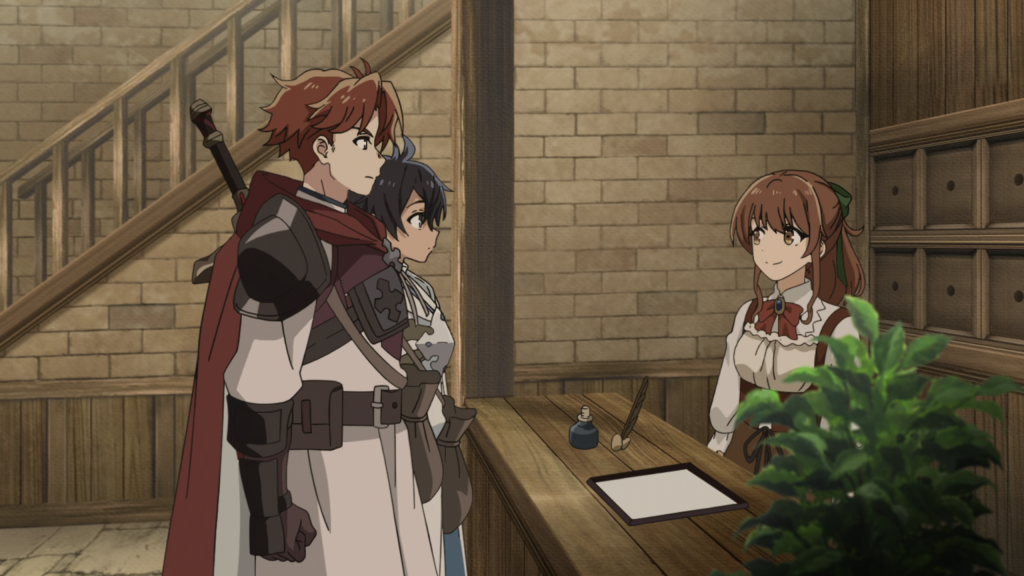
– The Water Magician
if hunting monsters and delving into dungeons is so organized and regulated, you’re not playing a fortune-seeking hero, you’re playing a government employee with a weapon
I was talking with some friends a few weeks ago about adventurer’s guilds and found myself confronting this popular understanding of organized adventuring. I get where the perspective comes from: it’s easy to connect the dots between legalized killers and government boots. It makes sense with the modern role of police and government as top-down enforcers.
However, this is not my interpretation of adventurer’s guilds. Furthermore, I intend to show through anime examples that there’s a strong precedent for a different imagining of adventurer’s guilds — as seen through consistent tropes across multiple shows.
Guilds oppose the government
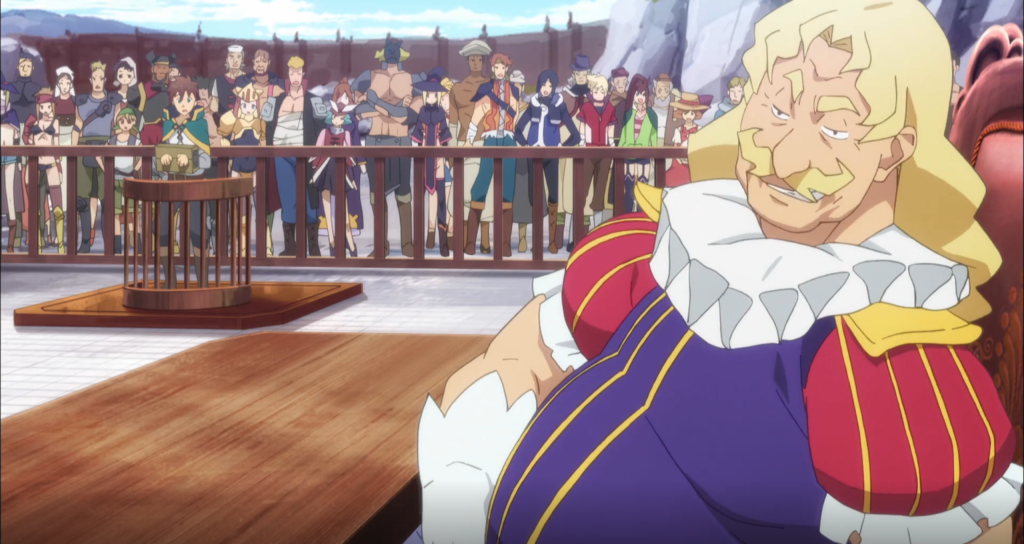
– Konosuba, Season 2
My gut reaction to the idea of adventurers as agents of bureaucracy is to point to how common it is for adventurers to find themselves in opposition to the aristocracy. The trope of a noble using the legal system to get rid of undesirable adventurers has existed since Chrono Trigger at the very least. This relationship goes both ways: it is often difficult for nobility to join the adventurer’s guild because adventurers look down on them for being soft or arrogant or removed from the struggles of common life. Despite the fact that guilds must receive their charters from the government, the individual members are most often biased against it.
Guilds do jobs no one else wants
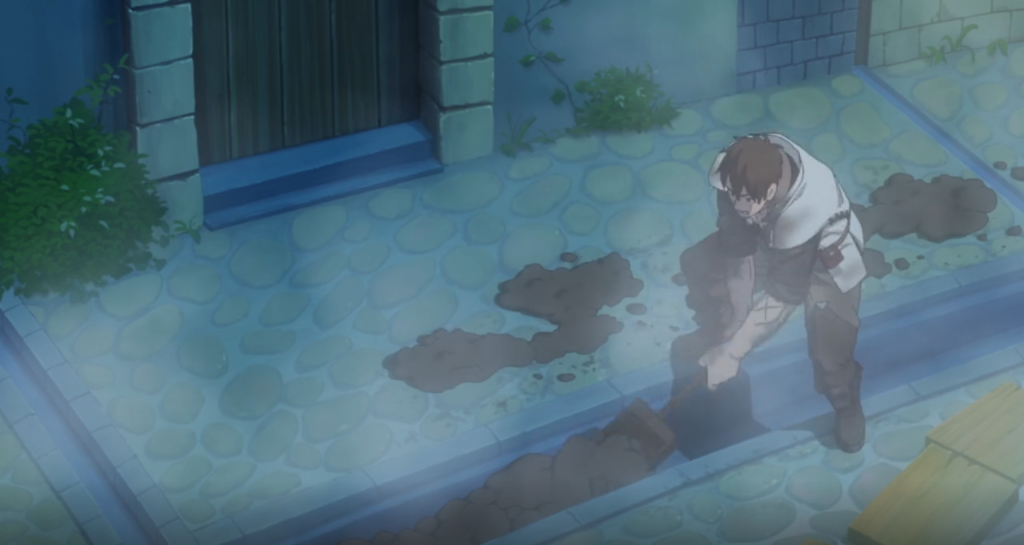
– I Parry Everything
Shoveling gutters. Collecting herbs in dangerous forests. Breaking rocks at a construction site. Carrying deliveries.
Adventurers are odd-jobbers that handle tasks that no one else wants to do. The nobility is not going to expend manpower on these things, nor would a lofty knight stoop to their level. The common folk cannot rely on the government to get these things done, so they turn to adventurers. To quote I Parry Everything, the lowest rank of the adventurer’s guild was made “to be a job for beggars ’round the city”. Adventuring isn’t all killing goblins — it’s finding lost cats, weeding gardens, and helping with chores.
Guilds vouch for their members
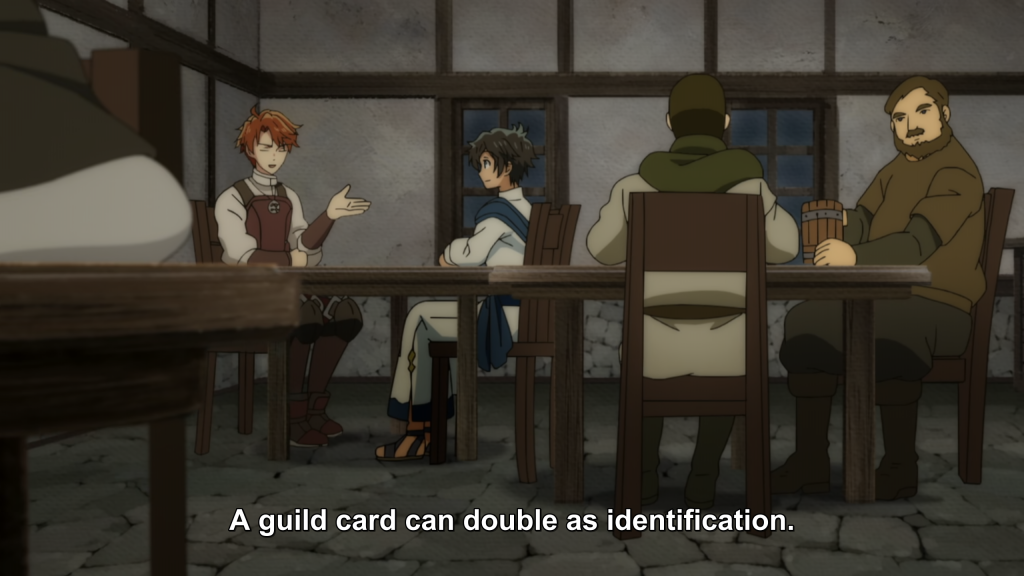
– The Water Magician
Ultimately, this is the most common role of adventurer’s guilds in anime. I think it’s a cultural thing. The first thing a fresh isekai protagonist does is register at the adventurer’s guild in order to receive a guild ID card.
It is extremely easy to react negatively to the idea of an organization wanting to maintain identity records. This is something that we struggle against in real life — the constant battle for privacy. I would ask that you suspend disbelief in the same way you accept a world with wyverns and wizards. In these fantasy anime, outsiders are mistrusted and it costs a monetary toll to enter cities as travelers. By having a guild vouch for you, adventurers bypass this toll and are free to engage in their untethered lifestyle. So what happens if there’s a “bad” adventurer?
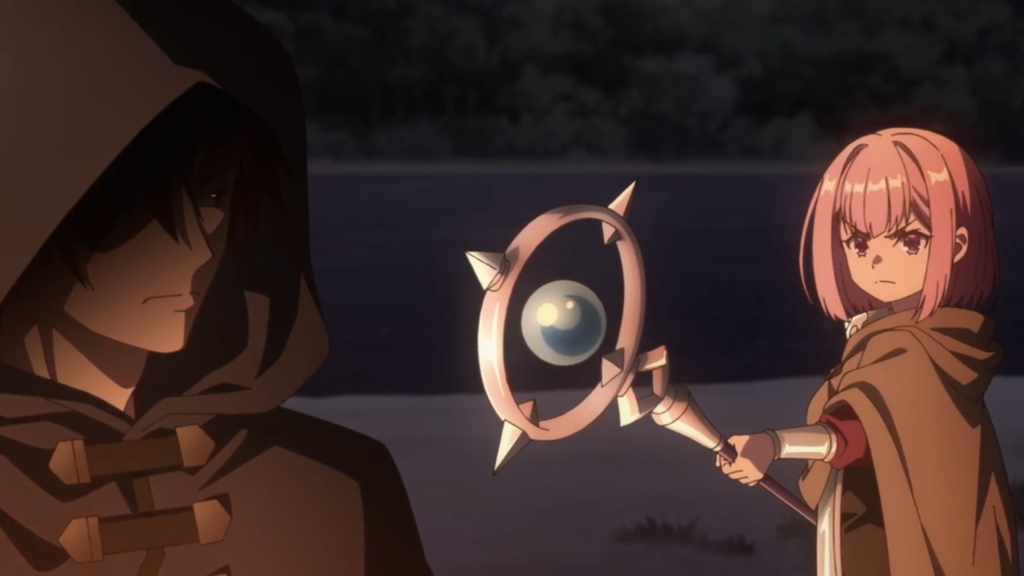
– I May Be a Guild Receptionist, but I’ll Solo Any Boss to Clock Out on Time
Adventurer’s guilds are self-policing. Similar to the way guilds operate in real life, if an individual sabotages the reputation of the community, it is expected that all members work to apprehend and deal with the bad actor. That said, the existence of a malicious adventurer is fairly rare: such individuals are more likely to never join the guild in the first place, and instead become bandits or villains without pretense. Rather than “evil” adventurers, guilds more often have internal drama, due to clashing egos and the arrogance of powerful members. Despite this, they still generally work for the greater good of the community as a whole.
Guilds provide food & lodging
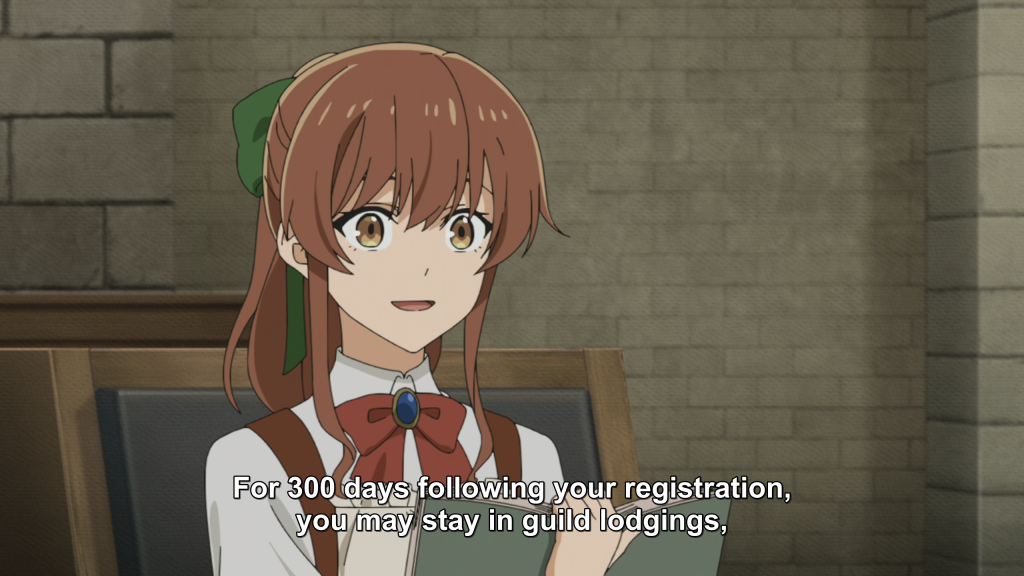
– The Water Magician
It is extremely common for adventurer’s guilds to provide temporary free lodging for members. Usually, this is conditional and either limited to a specific amount of time or only for as long as a member is training at that guild.
On the other hand, food supplied by the guild is usually not free, though it is often a cheaper alternative than tavern fare. I suspect many guilds either emerged naturally from “the tavern all the adventurers go to” or otherwise make deals with such establishments, as it is common to see guilds with drinking halls.
Guilds provide butchery services and buy monster parts
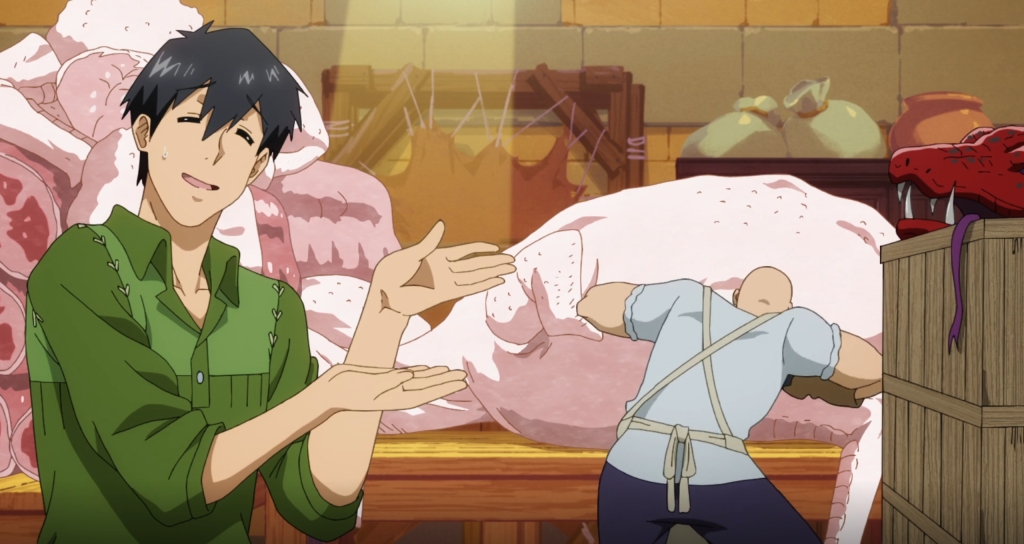
– Campfire Cooking in Another World with My Absurd Skill
In addition to selling cheap food and drink, adventurer’s guilds often make money by acting as a wholesaler for monster parts. They provide butchery services for a fee and buy materials directly from adventurers. To quote Campfire Cooking directly:
I’d hate to let anyone else do it. You can, but unlicensed ones can cheat ya or do sloppy work. Food butchers are careful about the meat, but sloppy with the other materials. But guild butchers are careful about the meat and the other materials. It’s always best to have us carve it up!
While this service is common in natural fantasy anime like Campfire Cooking, it is more typical that monsters contain magic stones — glowing crystals — which serve as magical batteries in the setting. These are the most frequent item sold to adventurer’s guilds, who act as supplier-distributors of magic stones to merchants and the general public.
Guilds are mutual aid nonprofits
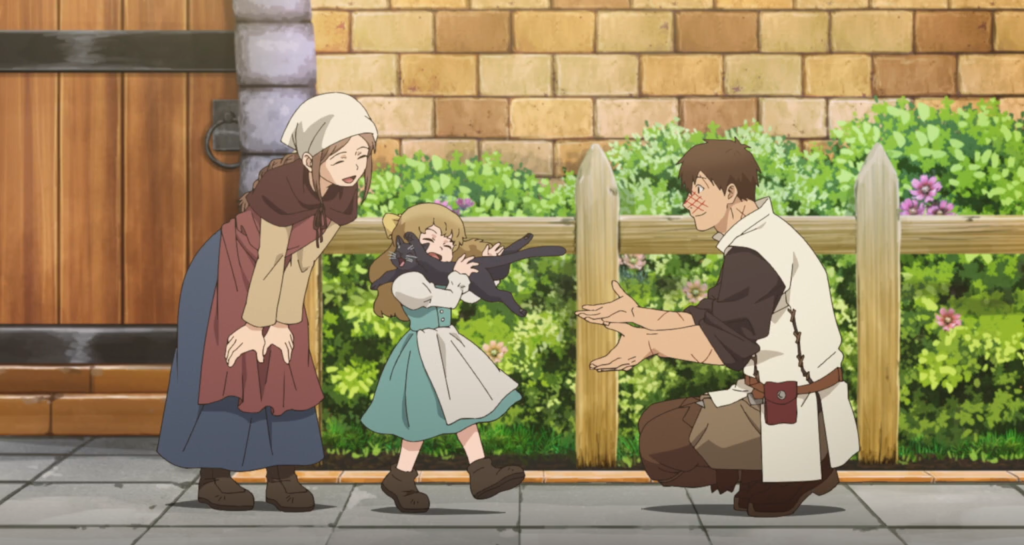
– I Parry Everything
I think there’s something beautiful about an organization dedicated to helping one another.
When feudal nobility will not spend coin or soldiers to deal with problems, the commonfolk turn to one another. A quest is posted, and volunteers work for the good of the community. An adventurer’s guild is always based around a village or a town or a city, and its quests reflect the problems of that community. Helping the elderly is a quest just as frequently as keeping the roads safe from monsters. The guild is a family and a place of belonging. It’s a home and warm fire — its filled with people supporting one another.
